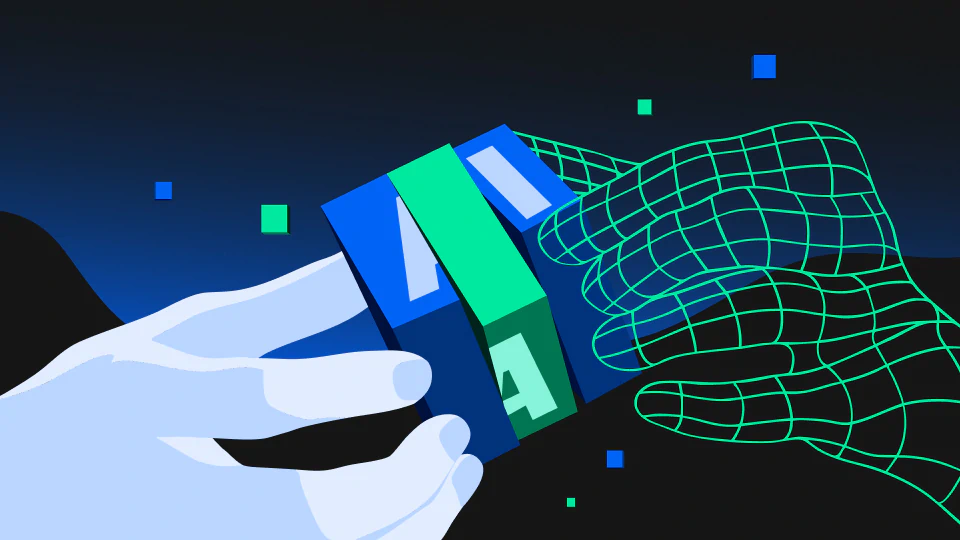In some ways, AI is like a car. When automakers design a car they don’t just think about horsepower. They also consider safety features like seatbelts, airbags, and anti-lock brakes that will keep drivers and passengers safe. The same is true for AI. AI models that aren’t designed with trust at the forefront can create significant problems once deployed into production.
For example, biased AI models can result in unfair outcomes in accessing vital resources like loans, jobs, or medical treatment. Models that hallucinate can mislead doctors or lawyers into making poor professional decisions. Fortunately, fairness doesn’t have to compromise performance. It is possible to build AI systems that are both effective and trustworthy with minimal trade-off.
How is AI Transforming Industries?
Building trustworthy AI may seem challenging, especially with the rapid pace of AI development. New AI breakthroughs seem to appear daily and this rapid innovation can make it difficult to maintain trust.
2025 AI Trends in Fraud and Financial Crime Prevention
Feedzai’s survey of 562 financial professionals shows the industry adjusting to new data responsibilities due to rapid AI adoption.

Despite these concerns, people want to trust AI. Recent data from the Markkula Center for Applied Ethics found 82% of people care about AI ethics.1 This shows a growing demand for AI systems that are both intelligent and trustworthy.
AI is also becoming a commodity. Increased competition is ramping up production of models with more closed-source and open-source vendors in the market. The result is lower costs for consumers. In this competitive environment, trust is a key differentiator. When users can easily switch between less expensive options, a model’s trust becomes as crucial as price or performance.
Why is the TRUST Framework Essential for AI Development?
To help organizations build trustworthy AI, Feedzai developed the TRUST Framework, based on five key pillars: Transparent, Robust, Unbiased, Secure, and Tested.
- Transparent: Ensure AI decisions are understandable, explainable, and clearly documented.
- Robust: Build AI systems that are resilient and consistent, even under changing conditions.
- Unbiased: Actively reduce bias to deliver fair outcomes for all users.
- Secure: Protect AI systems and data from manipulation, breaches, and unauthorized access.
- Tested: Rigorously test AI in real-world scenarios to ensure reliability.
Trying to add trust features later is often more complex and expensive. The TRUST framework is designed to help companies prioritize trust from the outset—especially as consumers are becoming more discerning.
AI offers immense potential for positive impact, but trust is essential. By making trust a core element of AI development, we can ensure AI delivers on its promise and is ready to put on the road.
Footnotes
1 https://www.scu.edu/ethics/about-the-center/press--media-hub/press-releases/ethics-in-the-age-of-ai/
All expertise and insights are from human Feedzaians, but we may leverage AI to enhance phrasing or efficiency. Welcome to the future.
